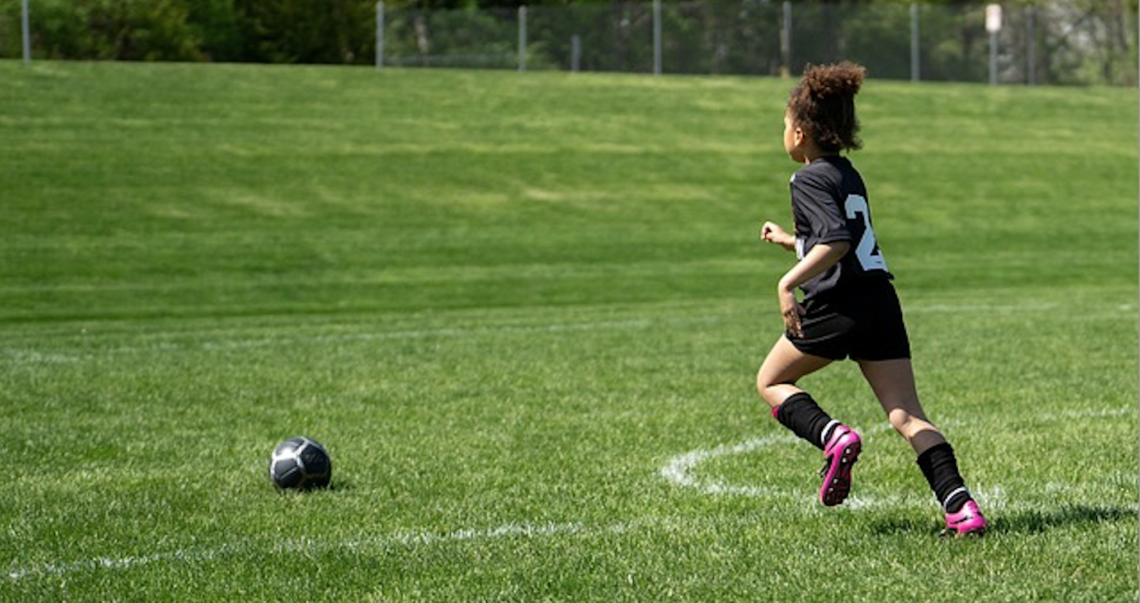Engaging in sports and physical activities is not only beneficial for physical health but also plays a crucial role in enhancing brain development in children and teenagers. Through various forms of sports, young individuals can experience significant cognitive and neurological improvements that contribute to overall well-being and academic success.

One of the key aspects of how sports impact brain development is through the promotion of neuroplasticity. Neuroplasticity refers to the brain’s ability to reorganize itself by forming new neural connections throughout life. When children and teens participate in sports, they engage in complex movements and coordination tasks that stimulate different regions of the brain. This stimulation leads to the growth of neurons and the formation of synaptic connections, ultimately enhancing brain function.
Physical activity associated with sports also has a direct impact on brain structure. Studies have shown that regular exercise, such as that experienced in sports participation, can increase the volume of gray matter in areas of the brain responsible for memory, learning, and executive functions. This structural enhancement correlates with improved cognitive abilities, including better attention span, sharper focus, and enhanced problem-solving skills.
Moreover, sports provide a unique platform for developing problem-solving skills during physical activity. Whether it’s strategizing plays in team sports like soccer or making split-second decisions in individual sports like tennis, young athletes constantly engage in mental processes that require quick thinking and adaptability. This real-time problem-solving not only improves their athletic performance but also translates into improved cognitive flexibility and decision-making abilities off the field.
Furthermore, sports participation fosters a growth mindset in children and teens. A growth mindset is the belief that abilities and intelligence can be developed through dedication and effort. When young individuals face challenges and setbacks in sports, such as losing a game or struggling to master a new skill, they learn resilience and perseverance. These qualities are essential for overcoming obstacles in academics, relationships, and various life situations, contributing to overall emotional intelligence and mental well-being.
In addition to the cognitive benefits, sports also promote social and emotional development. Team sports, in particular, encourage collaboration, communication, and teamwork. Children and teens learn to work harmoniously with others, manage conflicts, and support each other’s strengths and weaknesses. These social skills are invaluable in building positive relationships and navigating social dynamics in school and beyond.

Another significant aspect of sports-related brain development is the role of physical fitness in overall brain health. Regular physical activity improves cardiovascular health, increases oxygen flow to the brain, and stimulates the release of neurotransmitters such as dopamine and serotonin, which are essential for mood regulation and mental clarity. This connection between physical fitness and brain function highlights the holistic benefits of sports for both the body and mind.
Sports play a vital role in enhancing brain development in children and teens through neuroplasticity, structural changes in the brain, problem-solving experiences, growth mindset cultivation, and social-emotional learning. Encouraging young individuals to participate in sports not only promotes physical health but also nurtures cognitive abilities, resilience, and interpersonal skills that contribute to their overall success and well-rounded development.
